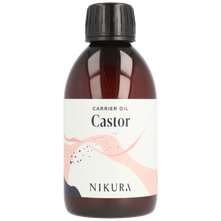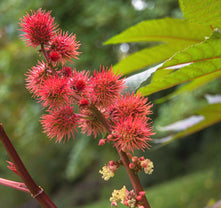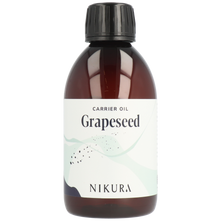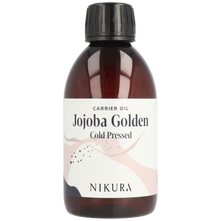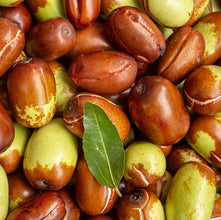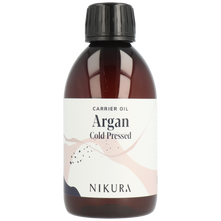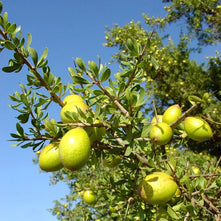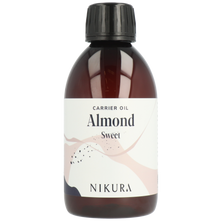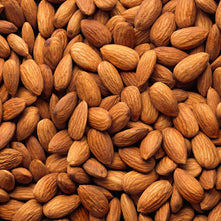How do carrier oils and essential oils influence hair structure?
Many carrier oils work primarily by penetrating the hair shaft. The best carrier oils for hair, like grapeseed oil or argan oil, will encourage healthy hair growth by locking and sealing moisture into the shaft.
Essential oils like tea tree oil or rosemary essential oil, on the other hand, will stimulate hair follicles by boosting blood circulation in the scalp. This encourages faster hair growth as well as thicker, healthier locks thanks to the added oxygen supply this stimulation provides.


























